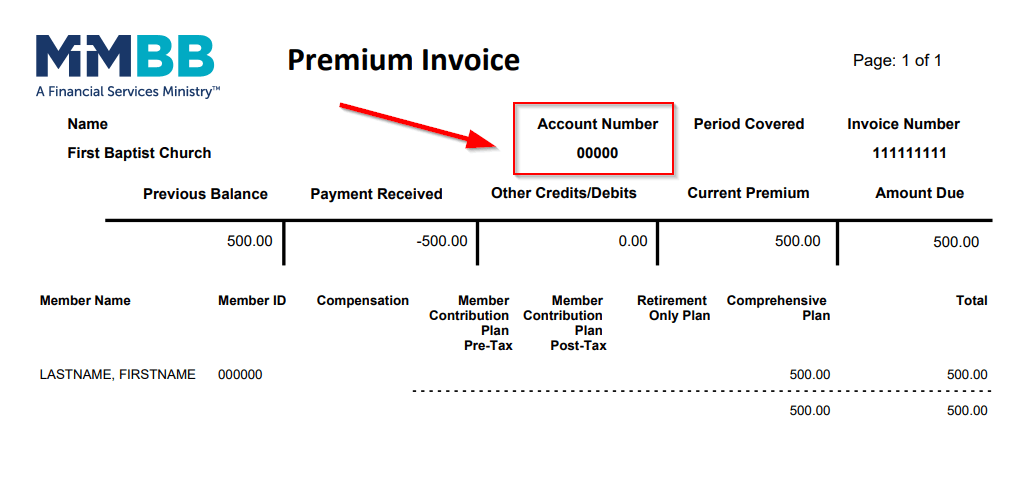Margaret J. Marcuson
Many clergy hate to talk about compensation with their churches. We are defensive about the percentage of the budget that is our salary and benefits. We feel greedy if we ask for more, even if we are struggling financially. Or we feel resentful that we are not being paid enough.
Here’s another way to look at it: conversations about compensation are an opportunity to grow. Let me suggest three ideas to consider:
First, be bold when you are hired. In What Color Is Your Parachute? Richard Bolles says this is the time when you have the most leverage, because they want you. When you are excited about a call, it’s easy to hold back, or think, “I’ll ask for that later.” Don’t wait.
It’s a tricky balance—it’s true that congregational ministry is not as well paid as other fields. Have a sense of the salaries that are available, especially if you are a second career minister coming from another field. However, those who don’t ask, especially up front, don’t get. One reason clergy are underpaid is they are afraid to ask for more. Know your own needs. Do the math on your cash flow, and be realistic about housing costs in the area. If you have educational debt, factor that in. You need a salary you can live on. And make sure and complete the details of your compensation in writing before you agree to accept the call.
Rev. Robert Prescott-Ezickson, pastor of First Baptist Church, Long Branch, New Jersey, has thought long and hard about compensation questions. He suggests using the contracting process as a teaching tool. If you truly want to come to a church and the money simply isn’t there, you can include a phrase such as, “This will be implemented when the church is able.” In any compensation conversation, he recommends, “Put on the full armor of God.” He also says, “We’re not supposed to be thinking about money, we’re not supposed to be greedy, but at the same time, we’re the only ones who are going to be able to advocate successfully for salary.”
Second, at budget time, take responsibility for your own salary. Don’t sit back and wait for them to offer you something. Request what you want. When I was a pastor, I used to sit back and wait. I did much better after I started making specific requests. It was uncomfortable for me and for them. Yet I was able to move my salary up incrementally over the years, and it benefited our family (and my tithe to the church was correspondingly greater). I started doing this not simply because I wanted a better salary. I also knew I would grow if I could step out more boldly. No one else can advocate for you like you can. Prescott-Ezickson says, “I’m the only one who knows how much I need to be able to live. We need to be a little bold about it—not rude, but bold. Have the courage to sit down and have the conversation, adult to adult.” He recommends taking advantage of MMBB materials as a neutral party to help the conversation.
If money is tight, be creative: consider asking for something else instead of an increase, such as an additional week of vacation. “For me, that was just as valuable as a decent raise,” says Prescott-Ezickson. In addition, make sure you are getting the maximum tax benefit from the money you do receive.
Prescott-Ezickson also suggests using the Bible as a support: “The laborer deserves to be paid.” It’s not just about the money, but there are wider issues. “Both churches and ministers need to think in terms of justice.” The educational requirements for ordination are significant, and the debt burden can be substantial. MMBB suggests that you make the comparison with other professions. For example, school principals in the community may be a good apples-to-apples comparison, with similar educational requirements.
Claim the value of your own work and ask your leaders to support you in it. You are paid your salary to be the leader of the congregation. You can confidently and unapologetically ask others to support that work, not only in stewardship preaching, but also in budget conversations. This is an exercise in self-definition and an opportunity for growth. Easy? No, but it’s important: not simply for you, but for them to step up to their responsibilities in supporting their leadership.
Third, if money is tight, and your church is looking to cut the budget, don’t volunteer to take a pay cut. Many pastors overfunction for their congregations by balancing the church budget on their own backs. If a congregation is facing a financial challenge, it needs to be a shared responsibility.
In addition, Rev. Steve Hasper of First Baptist Church, Pasadena suggests that you use your contract to hold people to account when they want to cut the pastoral budget. When they say, “We’re going to cut this,” he recommends you say, “No, we have a written agreement.” Hasper also suggests tracking the percentage of the budget that is spent on various parts of the ministry, including building and staff. “For smaller churches, getting down to 50% on personnel will not be possible,” Hasper says. These conversations are opportunities to educate your people. Avoid getting angry or defensive. Think of it as an opportunity for self-definition and leadership.
Now, there may be times when a pastor will be faced with a pay cut. Remember, this is another negotiation. Make sure that you work fewer hours. Don’t agree to do the same work for less pay. If you do this, you are keeping the church from facing the consequences of their decisions (and their giving).
Compensation conversations can be challenging for clergy and church leaders. Here are five final tips:
- Remember: “You have not because you ask not.” (James 4:2)
- Don’t be defensive or take people’s responses personally. Mostly, it’s not about you, but about their fear and anxiety.
- Be clear about your own bottom line: what you must have to take the position or continue.
- Be grateful for your salary, even if it’s not all you would like.
- Love them no matter what.
Margaret Marcuson helps clergy and churches energize their ministry and fund their vision. She speaks and writes on leadership and works with faith leaders nationally as a consultant and coach. An American Baptist minister, she was the pastor of the First Baptist Church of Gardner, Massachusetts for 13 years. Get the free mini-course “Six Shifts to Sustain Your Ministry.” at http://www.margaretmarcuson.com.
Back to Financial Resource Center









